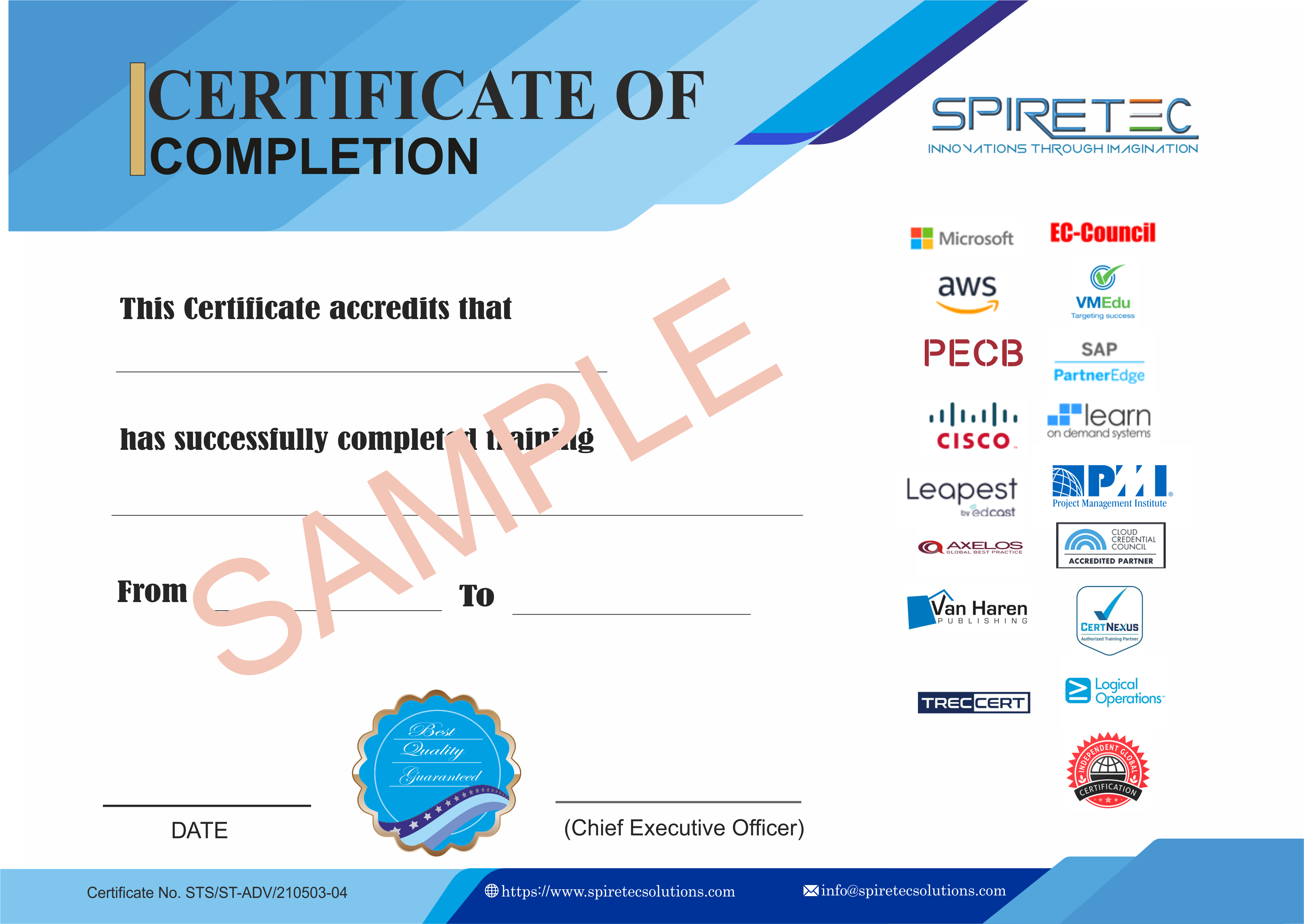ISO/IEC 27035 Information Security Incident Management training is designed to equip professionals with the knowledge and skills necessary to effectively manage and respond to information security incidents within an organization. This training program covers incident management principles, processes, and best practices outlined in ISO/IEC 27035 to ensure that organizations can identify, assess, and mitigate security incidents while minimizing potential damage.
Why Should You Attend?
The ISO/IEC 27035 Lead Incident Manager training course provides the essential skills and knowledge to manage information security incidents effectively. Based on the ISO/IEC 27035 series and industry best practices, this course covers the entire incident lifecycle—from planning and detection to response and post-incident activities.
Key Benefits:
-
Incident Management Proficiency: Learn to handle information security incidents efficiently, reducing potential negative impacts on your organization.
-
Certification: Obtain the “PECB Certified ISO/IEC 27035 Lead Incident Manager” credential, validating your expertise in managing and mitigating information security incidents.
Who Should Attend?
This course is suitable for:
-
Managers and Consultants: Professionals seeking to enhance their incident management knowledge.
-
Incident Response Teams: IT professionals and information security risk managers looking to improve their incident response capabilities.
-
Incident Response Coordinators: Individuals responsible for handling and managing incidents.
Learning Objectives
By completing this course, you will be able to:
-
Understand Incident Management: Explain the core principles of managing information security incidents.
-
Develop Response Plans: Create and implement effective incident response plans tailored to your organization’s needs.
-
Conduct Risk Assessments: Identify potential threats and vulnerabilities through thorough risk assessments.
-
Apply Best Practices: Utilize good practices from various international standards to enhance incident response efforts.
-
Analyze Post-Incident: Conduct post-incident analysis and derive lessons learned to improve future incident handling.
Educational Approach
The course includes:
-
Theoretical and Practical Learning: Combination of theoretical concepts with practical incident management techniques.
-
Interactive Exercises: Essay-type exercises and scenario-based quizzes to apply learned concepts.
-
Collaborative Learning: Encourages participant interaction and discussion to deepen understanding and readiness for the certification exam.
Course Outline:
Module 1: Introduction to ISO/IEC 27035
-
Overview of ISO/IEC 27035 and its importance
-
Role of incident management in information security
-
Relation to other ISO/IEC standards (e.g., ISO/IEC 27001)
Module 2: Incident Classification and Identification
-
Identifying and classifying information security incidents
-
Incident categorization and severity assessment
-
Early warning signs and indicators
Module 3: Incident Response Planning
-
Developing an incident response plan
-
Establishing an incident management team
-
Legal and regulatory considerations
Module 4: Incident Handling and Response
-
Incident handling phases (preparation, detection, containment, eradication, recovery, lessons learned)
-
Escalation procedures and decision-making during an incident
-
Coordinating response efforts
Module 5: Digital Evidence Preservation
-
Preserving digital evidence during incident response
-
Chain of custody and forensic considerations
-
Legal admissibility of evidence
Module 6: Incident Reporting and Communication
-
Internal and external incident reporting requirements
-
Communicating with stakeholders, including regulatory bodies and law enforcement
-
Managing public relations during incidents
Module 7: Post-Incident Analysis and Lessons Learned
-
Conducting post-incident analysis and root cause analysis
-
Lessons learned and continuous improvement
-
Updating incident response plans based on findings
Module 8: Case Studies and Best Practices
Module 9: Action Plan and Implementation
Module 10: Q&A and Course Evaluation







 Live Online Training (Duration : 40 Hours)
Live Online Training (Duration : 40 Hours)
